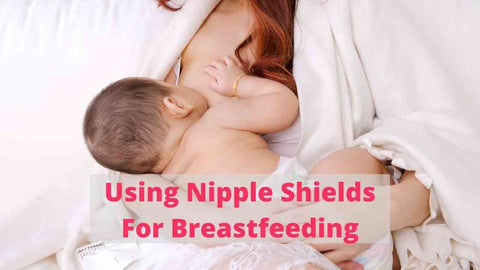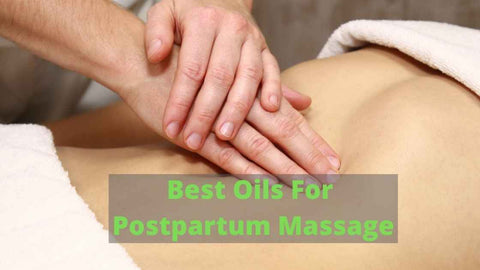Pregnancy and Cat Litter - Am I safe?
Pets are awesome, but while you are pregnant you have to be very careful. The key focus is to avoid exposure to any dirty or bacteria filled environments that could get into your body and affect your baby's development.

In this article we will cover:
- Pregnancy and Pets, especially cats?
- Toxoplasmosis - What is it?
- Do I have to give up my cat?
- What if I do get toxoplasmosis? What can I do?
| Check out our Ultimate Pregnancy Guide for more information on your Pregnancy |
 |
Pregnancy and Pets, especially Cats

In relation to cats especially, pregnant women could be at risk of catching toxoplasmosis, spread through dirty cat litter. Your baby may be born prematurely, suffer from poor growth or even have eye or brain damage if you are exposed to this toxic substance. What makes this problem more serious is that you are likely to be symptom-free, while having passed toxoplasmosis to your child who child can then suffer from the effects of the toxin.
Toxoplasmosis - What is it?
As defined by the CDC, Toxoplasmosis is an infection caused by a single-celled parasite called Toxoplasma gondii. While the parasite is found throughout the world, more than 40 million people in the United States may be infected with the Toxoplasma parasite. The Toxoplasma parasite can persist for long periods of time in the bodies of humans (and other animals), possibly even for a lifetime. Of those who are infected however, very few have symptoms because a healthy person’s immune system usually keeps the parasite from causing illness. However, pregnant women and individuals who have compromised immune systems should be cautious; for them, a Toxoplasma infection could cause serious health problems.Do I have to give up my cat?

Short answer - NO!. You do not have to give up your cat during pregnancy. We LOVE our cats, but recommend you take the following precautions
- Number 1 - Definitely AVOID changing cat litter. Delegate this activity to another family member or friend. Also when the litter box is being changed, stay away from the room with the litter box and ensure the room is well ventilated
- You should also ensure that the litter box is changed DAILY. Minimise the buildup of toxins
- Try to keep your cats indoor as much as possible so they do not kill and eat animals outside that could be hosts for the parasites that cause toxoplasmosis
- Also ensure your cat's diet consists of commercially prepared dry or canned food and not food, especially meat, that is under-cooked or raw
- Also avoid getting any new cats during your pregnancy. Minimise your exposure to any cats you do not know
- Finally, wash your hands with soap and water as much as possible after interacting with your cat.
What if I do get Toxoplasmosis? What can I do?

If you get toxoplasmosis unfortunately, there are still steps you can take to minimise any negative effects
- Consult your doctor immediately as treatment and medications are available and your doctor will need to monitor you and your baby for the remainder of your pregnancy
- Symptoms you may experience may include - flu-like symptoms with muscle aches and pains, redness in the eyes and blurred or reduced vision. Most babies in the womb may not experience symptoms if mom is infected but may develop vision problems after child birth. You can consult the CDC for more guidelines
Hope the quick tips were useful. Stay informed and subscribe below! Congratulations and have a wonderful pregnancy!
| FREE Morning Sickness Relief Tips |




